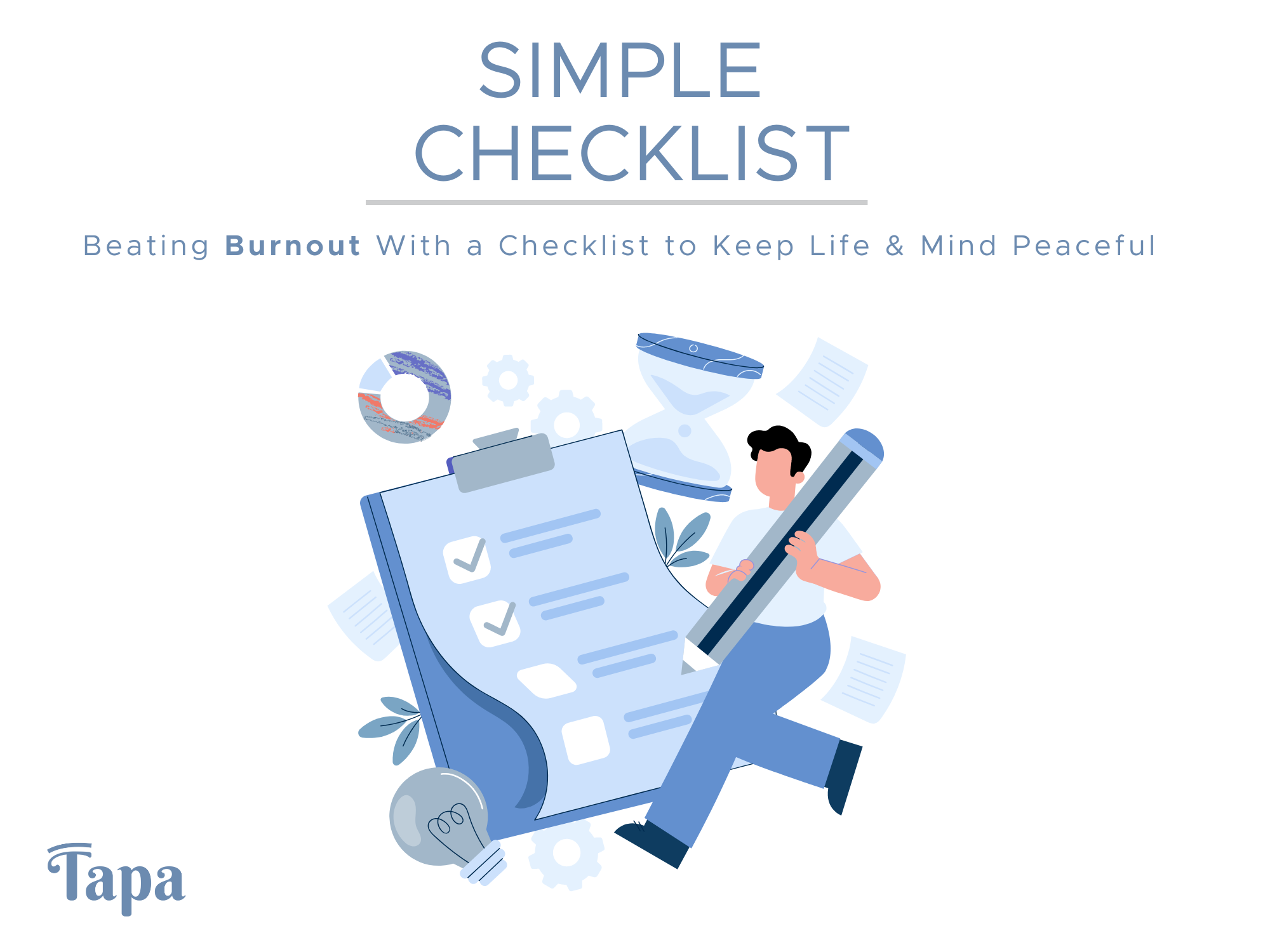With life’s pressures dawning upon us, stress and anxiety have become common companions for many of us. Whether you’re worried about your health, financial stability, or family dynamics, these feelings can make it difficult to enjoy life. Even the familiar methods of coping, like meeting friends for coffee or attending a Pilates class, might feel like distant memories. But don’t worry—there are still effective ways to manage stress and maintain your peace of mind. Follow our stay-calm checklist to keep both your mind and body in balance.
Understanding Worry, Stress, and Anxiety
First, it’s essential to distinguish between worry, stress, and anxiety. Dr. Kathy Wilson, a clinical corporate trainer with a PhD in psychology, explains the differences:
– Worry: Repetitive thoughts about a concern, like wondering if you left the stove on.
– Stress: A natural response to a concern, but more intense, impacting our wellness when persistent.
– Anxiety: Prolonged stress and worry can lead to anxiety, which might result in sleeplessness and exacerbate health issues.
Recognising these distinctions can help you better understand and address your feelings.

The Physical Effects of Anxiety
Stress and anxiety manifest physically in various ways, such as:
– Difficulty sleeping
– Loss of appetite or overeating
– Upset stomach
– Headaches
– Loss of libido
– Chest tightness or heart palpitations
– Sweating or shaking
– Teeth grinding

Stay-Calm Checklist: 6 Natural Ways to Manage Stress
You might not be able to eliminate stress completely, but these strategies can help you manage it effectively.
1. De-stress with Yoga and Exercise
Movement is a powerful stress reliever. Exercise transforms nervous energy into a self-soothing ritual, helping your body return to a normal state more quickly. Whether it’s a vigorous workout or a calming yoga session, physical activity dissipates stress chemicals and boosts your mood.

2. Nourish Your Body
When stressed, it’s tempting to reach for comfort foods like cake or wine, but these can worsen anxiety. Instead, opt for nutritious choices like nuts, fish, vegetables, and fruits. Certain nutrients, such as green tea, lemon balm extract, L-theanine, and ashwagandha, can also enhance your sense of well-being and keep cortisol levels in check.

3. Practice Deep Breathing
Deep breathing can calm your body when you’re overly stressed. Try the “4 by 4” technique:
– Breathe in through your nose for a count of 4
– Hold your breath for a count of 4
– Exhale for a count of 4
Apps with guided breathing exercises or learning to meditate can further help manage stress.

4. Engage with Your Surroundings
Take a moment to appreciate your surroundings. Whether it’s noticing the colours and textures around you or taking a walk to enjoy nature, focusing on the present can halt anxious thoughts and refocus your attention.

5. Listen to Soothing Sounds
Music can be incredibly therapeutic. Whether it’s the sound of the ocean, familiar songs from your childhood, or even heavy metal, find what soothes you. There are numerous playlists designed to help calm nerves.

6. Seek Professional Help When Needed
Don’t hesitate to reach out to a therapist or counsellor if you’re struggling. Professional help isn’t a sign of weakness; it’s a step towards taking charge of your well-being. Many therapists offer virtual appointments, making it easier to get support from home. If you’re unsure where to start, Life Extension’s Wellness Specialists can point you in the right direction at no cost.

Conclusion
Ignoring anxiety can worsen its impact on your health. Long-term stress and anxiety can affect blood pressure, digestion, and immune function. By following this simple checklist, you can manage stress more effectively and maintain a peaceful mind. Remember, taking care of your mental health is a continuous journey, and each step you take is a victory towards a calmer, happier life.

